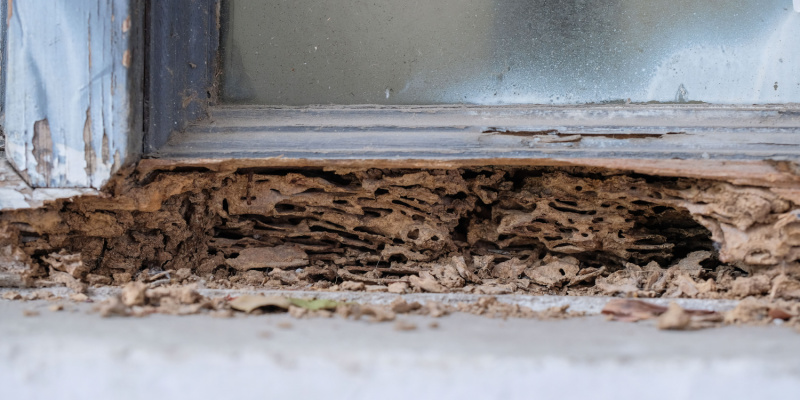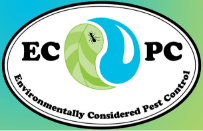
What Should I Do If I Find Out I Have Termites?
If you suspect or find out that you have termites in your home, it's crucial to take action as soon as possible to prevent further damage. Here are some steps you can take to eliminate these annoying creatures:
Clean Up
Seal all cracks and crevices in your home's foundation and around windows and doors to prevent termites from entering.
Identify and eliminate the moisture source that may attract termites to your home. Fix leaky pipes, ensure proper drainage away from your house, and repair or replace damaged roofing.
Remove any wood in contact with the soil, such as deck posts or garden beds, to reduce the potential food source for the termites.
Identifying Signs of Termites
Termites can be difficult to detect, as they often remain hidden within the walls or foundation of a home. However, several signs can indicate the presence of termites:
- Mud Tubes
Termites build mud tubes, small tunnels made of mud and feces, to travel between their colony and a food source. These tubes are usually found on the foundation of a building or near wood that is in contact with the soil. - Discarded Wings
Termites have wings, and during the swarming season, they shed them after finding a new location to start a colony. You may find these wings near windows or doors, in spider webs, or in other areas of your house. - Hollow-sounding Wood
Termites eat the inside of wood, leaving a hollow sound when tapped or knocked on. This is a sign that the wood is infested. - Cracked or Blistered Paint
Termites can cause paint to blister or crack as they tunnel through the wood beneath it. - Frass
Frass is the fecal matter of termites; it looks like little pellets and can be found near their tunnels and colonies. - Swarmers
Winged reproductive termites, also known as swarmers, often appear in large numbers and can be seen flying around your house and window sills, especially during spring, when the colonies are looking for new locations to start new colonies.
DIY Treatment Options for Termite Infestations:
While contacting a professional pest control company for termite infestations is recommended, there are some things you can do on your own to help control the problem and prevent future infestations. However, it's essential to understand that DIY treatments are not as effective as professional treatments, and they may not completely eliminate the termite colony or prevent re-infestation.
- Using Baits
Termite baits, small pieces of wood or cellulose placed in the ground around your home's foundation, are a popular DIY option. The termites will eat the bait, and then they will be poisoned. This method can effectively reduce the termite colony, but it can take some time to show results. - Using Pesticides
You can use pesticides specifically labeled for termite control. These can be applied directly to the infestation or around your home's foundation to create a barrier. However, it's important to note that the improper use of pesticides can be dangerous to your health and the environment, and not all products available to the public are effective against all types of termites.
Call A Professional
Contact a professional pest control company that specializes in termite control. They will be able to assess the extent of the infestation and recommend the best course of action. Once a professional treatment has been done, it's recommended to have periodic inspections to ensure that the problem is solved and prevent a re-infestation.
In conclusion, it's critical to keep in mind that termite control is a complicated process, and DIY treatment options may not provide the desired results. Therefore, it's always recommended to hire a professional pest control service, such as ECPC Pest Services, for infestations as they have the experience and expertise to ensure the safety of your home, people, and the environment.
